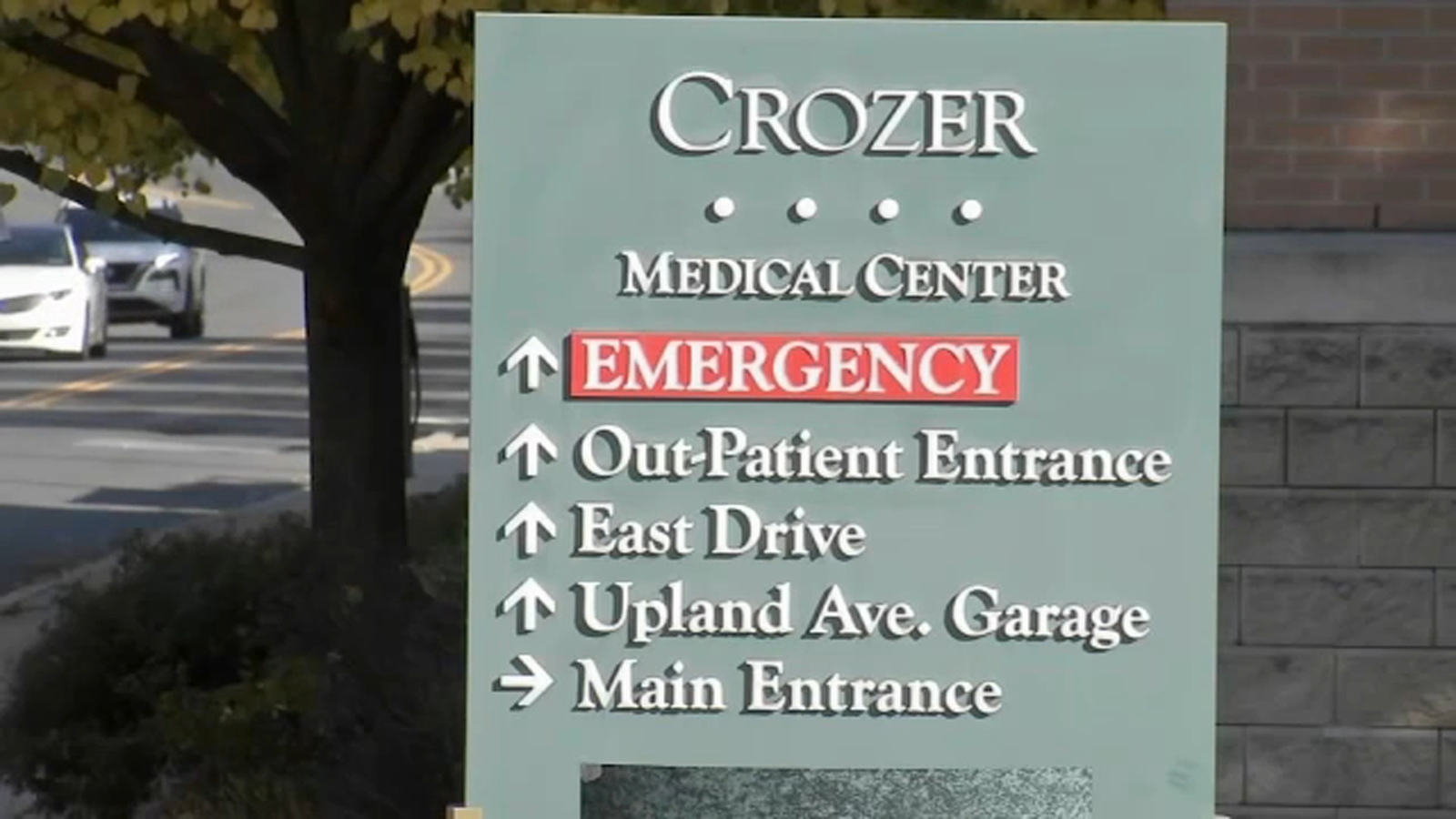Healing Divides: When Science and Politics Collide in America's Healthcare Battlefield

Transforming America's Healthcare: A Paradigm Shift in Public Health
At the core of the Trump administration's healthcare strategy lies a bold and transformative vision: reimagining the nation's approach to health and wellness. The Department of Health and Human Services (HHS) is spearheading a groundbreaking initiative to pivot from a reactive "sick-care" model to a proactive, prevention-focused healthcare system.
This ambitious reorientation represents more than just a policy change—it's a fundamental rethinking of how Americans approach personal and public health. By emphasizing prevention, early intervention, and holistic wellness, the administration aims to reduce healthcare costs, improve overall population health, and empower individuals to take greater control of their well-being.
Key strategies include promoting lifestyle interventions, increasing health education, and developing innovative approaches that prioritize maintaining health rather than merely treating illness after it occurs.








